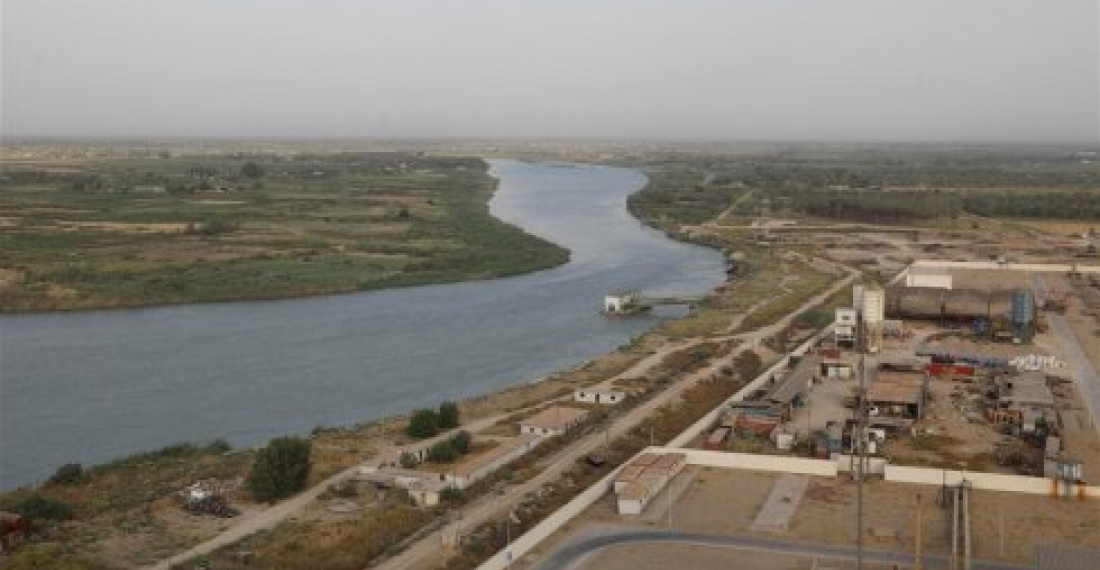Amid the extreme heat of summer and the ongoing COVID-19 pandemic, Iraq's electricity infrastructure struggled to supply sufficient energy.
In the southern province of Wassit, the Chinese came to the rescue having built there a massive thermal power plant which now supplies about 20 percent of Iraq's national power grid.
According to China's Xinhua News Agency , the Wassit Thermal Power Plant, constructed and operated by Shanghai Electric Group, is the largest thermal power plant in Iraq.
The country faces annual heatwaves in the summer which pressures the energy infrastructure. "The highest temperature at the power plant reached 53 Celsius degrees," Lu Guoqing, a senior engineer at the plant, told Xinhua. "We are challenged by the pandemic and high temperatures, but we have successfully completed our task." Lu has worked at the site for 14 consecutive months. Lu says the power plant played an important role in helping the economy.
source: commonspace.eu with Xiunhua News Agency, Beijing
Photo: The Wassit Thermal Power Plant in Southern Iraq (picture courtesy of the Xinhua News Agency (Beijing)







